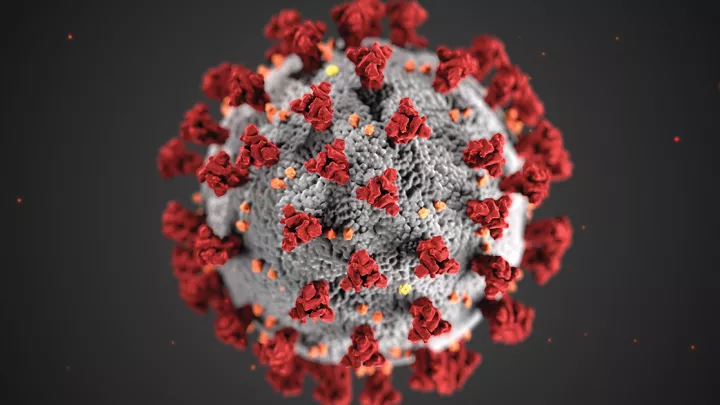
Risk of Bacterial Infections Higher in Patients with Early Childhood-Onset Eczema
Eczema or atopic dermatitis is a condition where the areas of the skin are inflamed, resulting in symptoms ranging from redness to severe rashes and blisters. The specific causes of eczema remain unknown, though the condition has been linked to other conditions ranging from heart disease to osteoporosis. According to new findings presented at the 2016 Annual Meeting of the American Academy of Allergy, Asthma & Immunology, patients with eczema whose condition began before the age of 5 (early childhood-onset) are at increased risk for bacterial skin infections compared to those patients whose condition began later in childhood or in adulthood. The study was conducted by the Atopic Dermatitis Research Network, a nationwide collaboration across seven sites, including Children’s Hospital Los Angeles, which brings together leading eczema experts in the United States.
Researchers also found the causes of eczema could vary among different ethnic groups. For example, certain mutations in the filaggrin protein, an important skin barrier protein, are found in European Americans with early childhood onset eczema, but not in African Americans with the condition.
“Now that we have identified the accurate phenotypes, the next step is to use whole genome analysis to further study these patients,” says Peck Ong, MD of the division of Clinical Immunology and Allergy at CHLA. “The future goal would be to identify which young children with atopic dermatitis are at risk for recurrent infections and lifelong eczema, and to intervene early.” Ong is the site principal investigator for the Atopic Dermatitis Research Network (ADRN) in Los Angeles and first author on the study.
The study was sponsored by the National Institute of Allergy and Infectious Disease.


